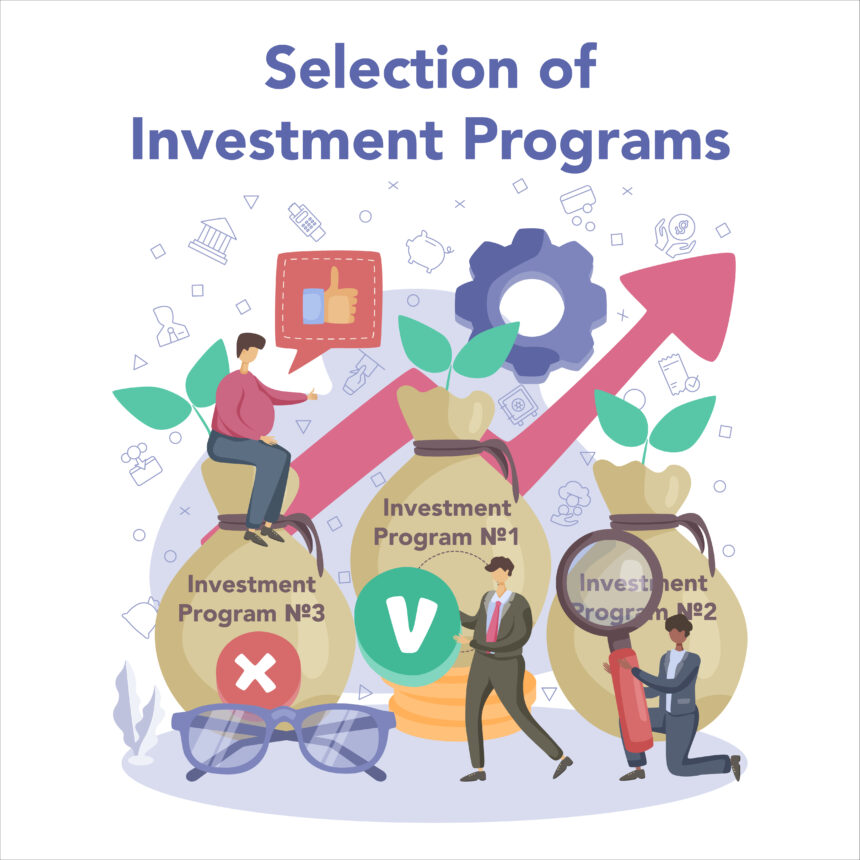Exploring the Advantages of ETF Investing for Beginner Investors
Investing in the financial markets can be an overwhelming endeavor, especially for beginner investors. With a multitude of investment options available, it can be challenging to determine the most suitable approach. One investment vehicle that has gained significant popularity in recent years is Exchange-Traded Funds (ETFs). ETFs offer several advantages that make them an attractive option for beginner investors looking to enter the world of investing. In this article, we will explore the advantages of ETF investing for beginner investors and why they should consider incorporating ETFs into their investment strategy.
- Diversification: Diversification is a key principle in investing, and ETFs excel in providing diversification benefits. An ETF typically holds a basket of securities, such as stocks, bonds, or commodities, representing a specific index, sector, or asset class. By investing in an ETF, beginner investors can gain exposure to a diversified portfolio of assets without having to individually select and purchase each security. This diversification helps reduce the impact of volatility and concentration risk associated with investing in individual stocks or bonds.
- Simplicity: ETFs offer simplicity and ease of use, making them ideal for beginner investors. Unlike mutual funds, which are priced at the end of the trading day, ETFs are traded on exchanges throughout the trading day, just like individual stocks. This means investors can buy or sell ETF shares at any time during market hours, providing flexibility and liquidity. The straightforward structure of ETFs makes it easier for beginner investors to understand and navigate the investment process.
- Lower Costs: Cost is a critical consideration for beginner investors. ETFs tend to have lower expense ratios compared to actively managed funds. Since most ETFs are passively managed and aim to replicate the performance of an index, they require less active oversight and incur lower management fees. Lower costs result in higher net returns for investors over the long term.
- Flexibility: ETFs offer flexibility in terms of investment strategies and asset classes. They cover a wide range of investment options, including domestic and international equities, fixed income, commodities, and alternative investments. Beginner investors can choose ETFs that align with their investment objectives, risk tolerance, and preferred asset classes. The ability to easily switch between different ETFs allows investors to adapt their portfolio as their investment goals evolve.
- Transparency: ETFs provide transparency by disclosing their holdings on a daily basis. This transparency allows investors to know exactly what securities the ETF holds and their respective weightings. This information enables investors to make informed decisions and ensures they have a clear understanding of their investment exposure.
- Lower Investment Minimums: Some mutual funds and other investment vehicles have high minimum investment requirements, which can be a barrier for beginner investors. In contrast, ETFs trade at a market-determined price, allowing investors to purchase as little as a single share. This lower investment threshold makes ETFs accessible to investors with limited capital and allows them to start investing with smaller amounts.
- Educational Resources: Many ETF providers offer educational resources and tools to help beginner investors understand the basics of investing and navigate the world of ETFs. These resources may include online tutorials, investment guides, and access to market research and analysis. Taking advantage of these resources can empower beginner investors to make informed investment decisions and build their knowledge and confidence.
In conclusion, ETFs provide several advantages that make them an attractive investment option for beginner investors. Their diversification benefits, simplicity, lower costs, flexibility, transparency, lower investment minimums, and educational resources make ETFs a valuable tool for building a well-rounded investment portfolio. Beginner investors can leverage these advantages to enter the market with confidence and start their investment journey on solid footing. However, it is important for beginner investors to conduct thorough research, define their investment goals, and seek professional guidance when necessary to make informed decisions and achieve long-term investment success.










